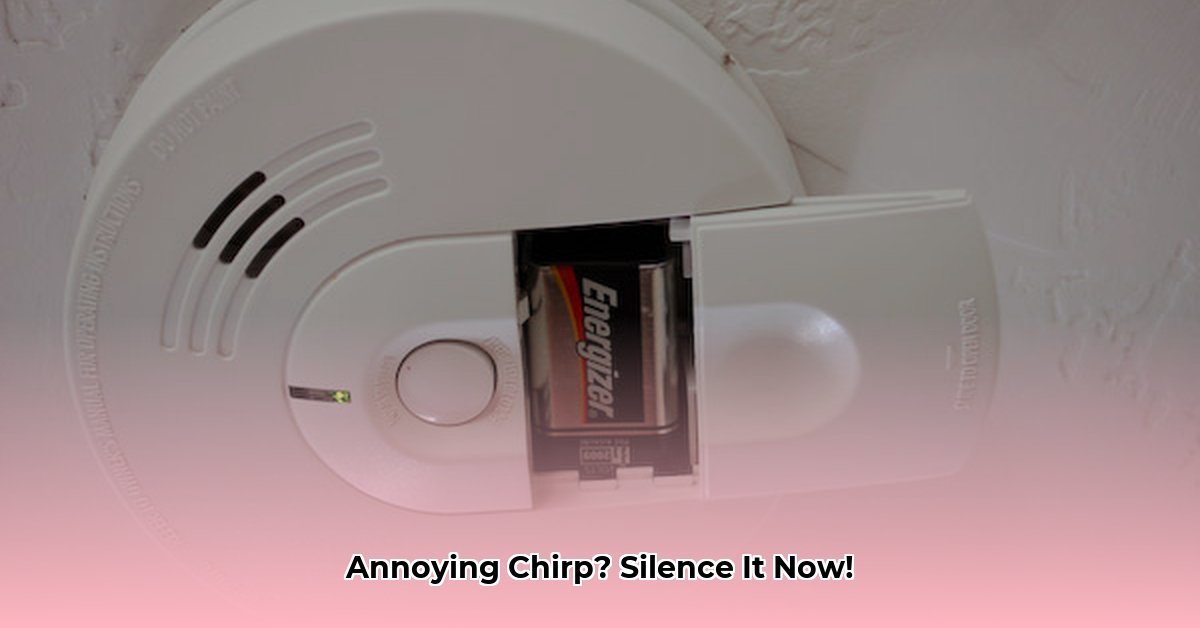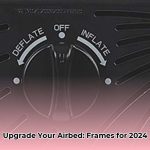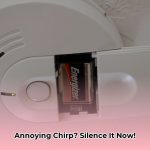That annoying chirp from your hardwired smoke detector? We get it—it’s disruptive, especially at 3 a.m. Rest assured, this is a common problem with a usually simple fix. This guide will walk you through silencing that chirp and ensuring your home is protected. While a low battery is the most likely culprit, even in hardwired units, we’ll cover all possibilities.
Decoding the Chirp: Common Causes and Quick Solutions
A quick chirp every minute or so usually suggests a low battery. More frequent chirps could indicate another issue. Here’s a handy table summarizing common causes and solutions:
| Problem | Likely Solution |
|---|---|
| Low Battery | Replace the 9V battery (yes, even hardwired detectors have them!). |
| Dust Buildup | Power off the detector at the breaker and gently vacuum or use compressed air. |
| End-of-Life (10+ years) | Smoke detectors expire. If yours is old, replace it regardless of chirping. |
| Loose Wiring | Check connections (if comfortable). If not, call an electrician—electricity is nothing to mess with! |
| Interconnected Alarm Issues | A problem with one interconnected alarm can cause all of them to chirp. Check each detector. |
Troubleshooting Your Chirping Smoke Detector: A Step-by-Step Guide
1. Silence the Chirp (Temporarily)
Press and hold the “Test/Silence” or “Reset” button for 15-20 seconds. This might temporarily stop the chirping, giving you time to troubleshoot.
2. The Usual Suspect: The 9V Backup Battery
Most hardwired smoke detectors have a 9V backup battery. Locate the battery compartment (usually on the back) and replace the battery. Mark the new battery with the installation date. This simple step prevents future headaches.
[Image/Video: Show battery location and replacement]
3. Dust Bunny Hunt
Turn off the power to the detector at the breaker. Carefully detach the detector and gently vacuum or brush away dust and cobwebs. Dust can interfere with the sensor, causing false alarms or chirps.
[Image/Video: Show cleaning process]
4. Age Matters: Detector Retirement
Smoke detectors have a lifespan of about 10 years. Check the manufacture date printed on the unit. If it’s old, replace it—it’s a smart investment in safety.
5. Wiring Check (Proceed with Caution)
If comfortable working with electrical wiring, check the connections. If you’re unsure, call a qualified electrician.
[Image/Video: Show wiring check (optional, only if safe to depict)]
Interconnected Alarms: When One Chirps, They All Chirp
If you have interconnected smoke detectors, a problem with one can cause all to chirp. Test each detector individually using the steps above to find the culprit.
When to Call a Pro: Don’t Mess With Electricity
If you’ve tried all the steps and the chirping persists, call a qualified electrician. They can diagnose and safely resolve complex electrical issues.
Preventing Future Chirps: A Little Maintenance Goes a Long Way
Regular maintenance prevents many smoke detector problems:
- Test Monthly: Press the test button on each detector.
- Replace Batteries Annually: Even hardwired units need fresh backup batteries.
- Clean Every Six Months: Dust and debris can cause issues.
Smart Smoke Detectors: The Future of Fire Safety
Consider upgrading to smart smoke detectors. They offer advanced features like:
- Interconnection: All alarms sound if one detects danger.
- Mobile Alerts: Receive notifications on your phone, even when you’re away.
- Voice Control: Integrate with smart home systems.
- Dual Sensors (Smoke & Carbon Monoxide): Enhanced protection.
- Long-life Sealed Batteries: Less frequent battery changes.
Conclusion: Peace of Mind and a Protected Home
A chirping smoke detector is annoying, but it’s a crucial safety device. By understanding the causes and solutions, you can quickly silence the chirp and ensure your home is protected.
Further Reading and Resources
Disclaimer: This information is for general knowledge and informational purposes only and does not constitute professional advice. Consult the manufacturer’s instructions for your specific smoke detector model. Always consult a licensed electrician for any electrical work.
- NYT Connections Answer: Hedgehog, Pineapple, Cactus The Spiky Things Explained - April 20, 2025
- How to Clean a Wool Carpet: A Comprehensive Guide - April 20, 2025
- How to Clean a Pleather Couch: A Complete Guide - April 20, 2025










